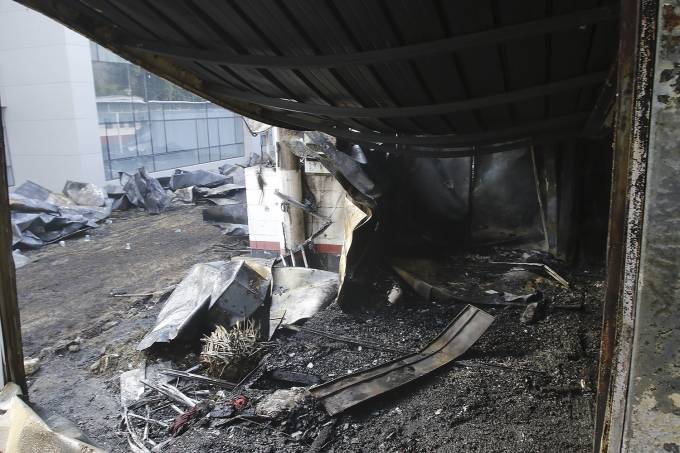“We witness, time and time again, disasters that could very much have been avoided,” said Brazilian Prosecutor General Raquel Dodge when talking about a fire that killed 10 teenage football players on February 8. The young men were sleeping in an improvised dormitory that had previously been compared to a juvenile prison by state prosecutors. In recent years, Flamengo football club, which owns the burned down facility, had been fined 30 times for irregularities concerning its training complex. But that didn’t prevent the club from housing their young athletes—mostly poor and living miles away from their families—there.
The case is a textbook example of how little human life is appreciated by companies and authorities in Brazil. While companies fail to meet the minimum safety requirements, public institutions don’t enforce controls. Then, when it comes down to it, nobody—or almost nobody—is held accountable. A survey carried out by newspaper O Globo shows that 1,774 people have died in numerous tragedies across the country, such as plane crashes, building and dam collapses, fires, and sinking boats. Besides the fact that all these disasters were preventable, they share another characteristic: nobody...


 Search
Search






































